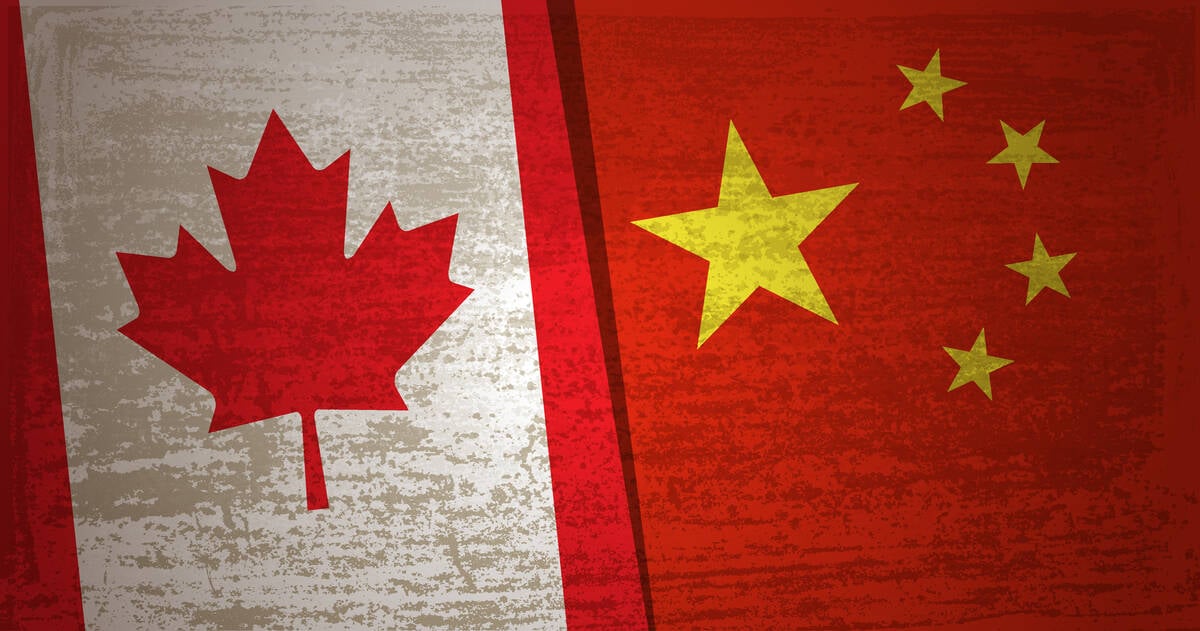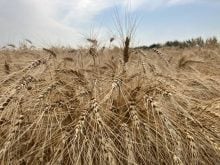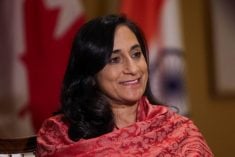LUDWIGSHAFEN, Germany, June 8 (Reuters) – BASF, which has so far kept out of a consolidation push among global seeds and pesticides groups, said its business model was not affected by rival Bayer’s plans to buy Monsanto .
“We are not backed into a corner by what is happening in the market,” the group’s deputy chief executive Martin Brudermueller said at a news conference on BASF’s research and development efforts at its headquarters in Ludwigshafen in southern Germany.
Bayer made an unsolicited $62 billion offer for Monsanto in May, aiming to create the world’s biggest agricultural supplier. Monsanto turned it down but said it was open to further talks. The two companies have since sat down to try to negotiate a deal.
Read Also

Canada offers tariff relief to some steel, aluminum products from U.S., China
Canada offered tariff relief on some steel and aluminum products imported from the U.S. and China, a government document showed, in efforts to help domestic businesses battered by a trade war on two fronts.
Brudermueller said BASF’s crop chemicals business was highly profitable and innovative and also “not quite small”.
BASF, the world’s largest maker of industrial chemicals by sales, commands 7 percent of the world’s combined pesticides and seeds markets but risks relegation to a second-tier position given rivals’ merger plans, according to A. T. Kearney data.
A Monsanto-Bayer deal would add Monsanto’s 15 percent market share in global seeds and pesticides to Bayer’s 12 percent, creating an undisputed market leader. The planned merger of U.S. groups Dow Chemical and DuPont would combine 7 percent and 11 percent, respectively.
Syngenta, which is being bought by ChemChina, has a 14 percent market share.
BASF has so far focused on crop chemicals, unlike its rivals who are combining or want to combine seeds and chemicals businesses. This combination is one of the main drivers of Bayer’s plan for a tie-up with Monsanto, the market leader in seeds.
BASF is the world’s third-largest maker of farming pesticides. Its plant biotechnology unit, which does not disclose financial results, is developing improved plant characteristics such as drought tolerability but relies on partners, the biggest being Monsanto, to bring finished seed products to market.
“We expect contracts to be honoured of course, should there be a new owner,” Brudermueller said, when asked about repercussions on any Bayer takeover on its alliance with Monsanto.














